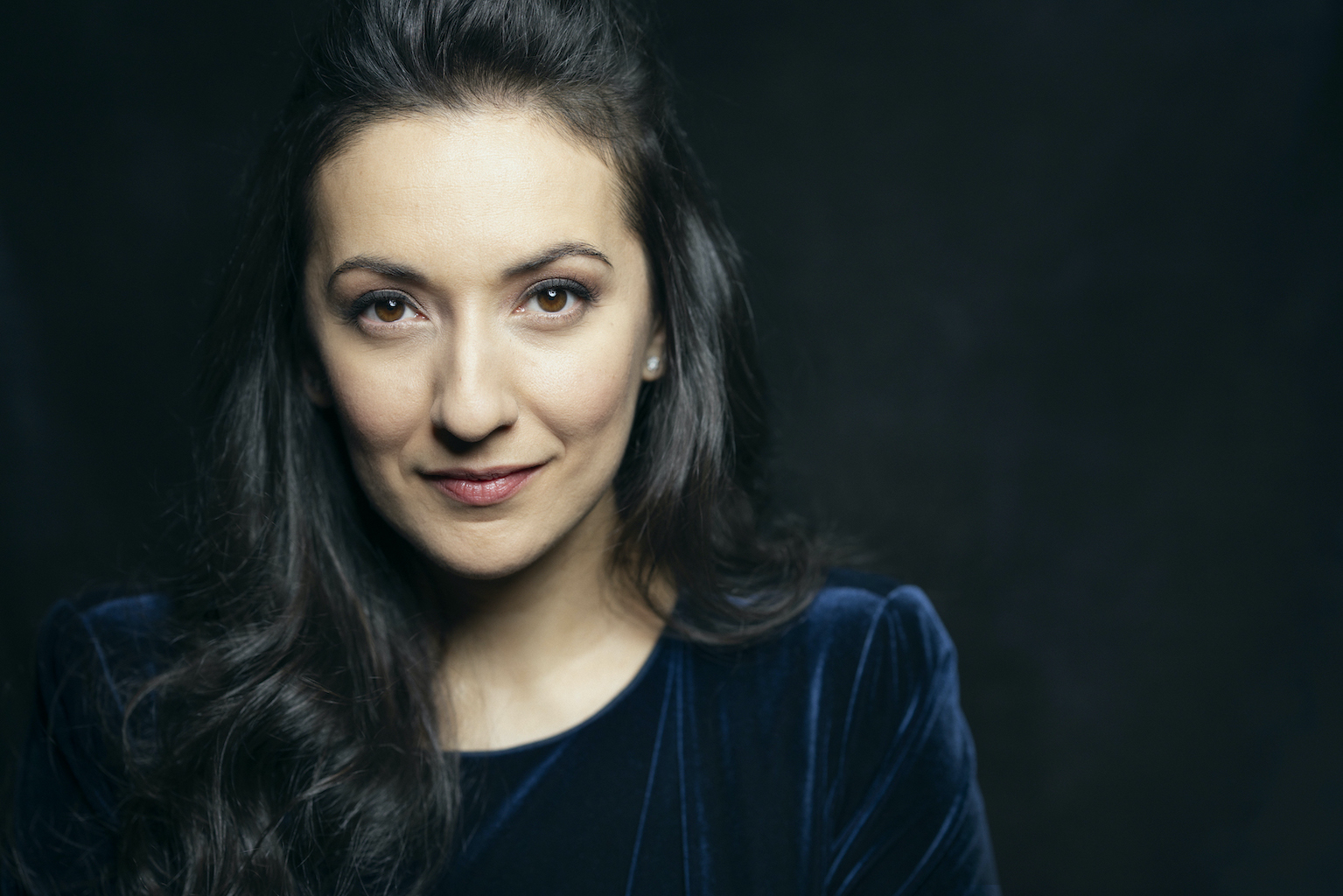She pays tribute to one of the greatest composers of the 18th-century Neapolitan opera tradition through a new album featuring Antonio Florio and Cappella Neapolitana
“Son Regina e Sono Amante” is out today, 14 March, on digital platforms and music stores
«The sense of belonging is a fire that burns inside. Given my origins, I can’t ignore the moral obligation of rediscovering the Neapolitan eighteenth century repertoire». With these words, Italian soprano Rosa Feola, who was born in Caserta, near Naples, and has always been keen on promoting her territory’s musical heritage, describes the artistic journey that she made with Antonio Florio and the Cappella Neapolitana and that have brought to her new album “Son Regina e Sono Amante”, released by Pentatone today, Friday 14 March, and available on all major streaming and download platforms (https://lnk.to/SonReginaeSonoAmante) and music stores. The album is a tribute to one of the most important musicians of the eighteenth century’s Neapolitan Opera tradition, Niccolò Piccinni, and is a selection of arias, some of which rarely performed, from his French and Italian periods, including one in the Neapolitan dialect. The album is the first of a series that Feola, Florio and the Cappella Neapolitana intend to dedicate to the rediscovery of the works of the eighteenth century’s great composers belonging to the Neapolitan school. On 12 April at the Teatro Petruzzelli in Bari, Piccinni’s hometown, the artists will be interpreting the album’s repertoire at a concert for the first time.
From the famous Didone Abbandonata – on a libretto by Metastasio, from which comes Dido’s aria lending the title to the album – to the lesser-known French comic opera Le Faux Lord, “Son Regina e Sono Amante” spans over the entire career of the composer from Bari. To lead the choice and the orchestration of the arias, which were transcribed from the eighteenth century originals and carefully selected by Feola, Florio – who shares Piccinni’s birthplace – and musicologist Dinko Fabris, is the desire to bring them back to their most intimate dimension: that of the period’s private performances, where Piccinni’s wife, Vincenza Sibilla, was often the singing protagonist and a precious element in the great musician’s success. Rosa Feola’s interpretations, accompanied by a string orchestra, enhance the expressive and stylistic richness of eighteenth-century singing, and its attention to the “cantabile” melodies that were so fundamental in the Neapolitan school, while paying a tribute that goes beyond Piccinni’s himself and celebrate the great tradition of Italian opera singing, recently recognized by UNESCO as intangible cultural heritage of humanity.
As one of the most internationally successful Italian sopranos, Rosa Feola is regularly invited by some of the most prestigious opera houses worldwide. Some of her upcoming engagements include Le Nozze di Figaro (Susanna) at New York’s Metropolitan Opera and Rigoletto (Gilda) at the Los Angeles Opera in May; Beethoven’s Missa Solemnis at La Scala in July and Traviata (Violetta), also in July, at the Arena in Verona, where she will be singing Rigoletto in August. In 2020 she was granted the Special Award by the Festival of the Two Worlds in Spoleto. A pupil of Renata Scotto, she has been collaborating extensively with Riccardo Muti who, at the start of her career, made her a protagonist in the rediscovery of the Neapolitan school’s repertoire. She is also very busy as a concert artist and has performed on various occasions for the BBC Proms at the Royal Albert Hall in London, at La Fenice in Venice for the 2021 New Year’s Eve Concert conducted by Daniel Harding, and in several concerts with the Chicago Symphony Orchestra, conducted by Muti.
Counting on an equally important international career is the Cappella Neapolitana, created by Antonio Florio in 1987 and committed to the rediscovery of rare composers and seventeenth and eighteenth centuries Neapolitan repertoire. Protagonist of several philological world premieres in the modern era of Baroque titles like Vinci’s Li zite ‘ngalera and Fux’s Orfeo ed Euridice, the ensemble is a leading reference in the performance of Baroque music within the Italian and European musical scenes.
Photo credits: Rosa Feola © Todd Rosenberg






TAGS: